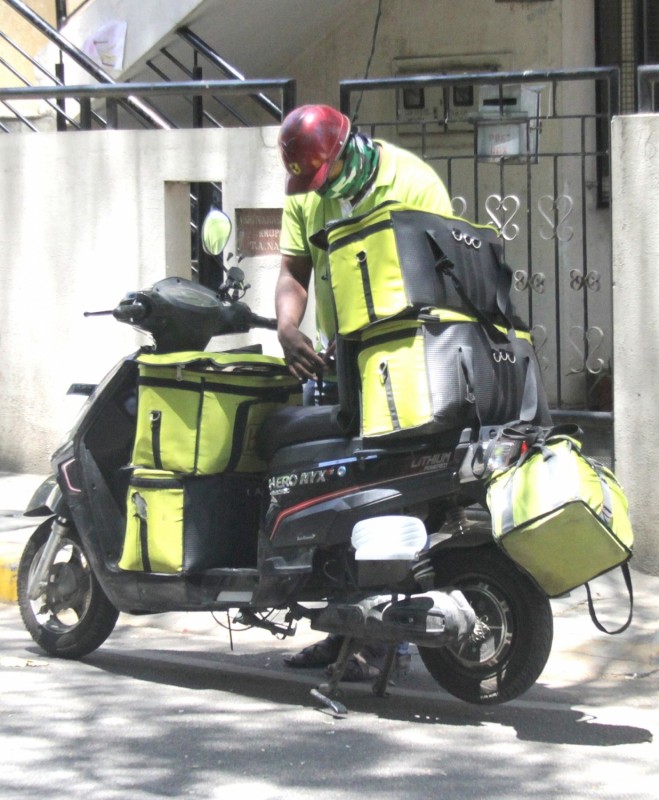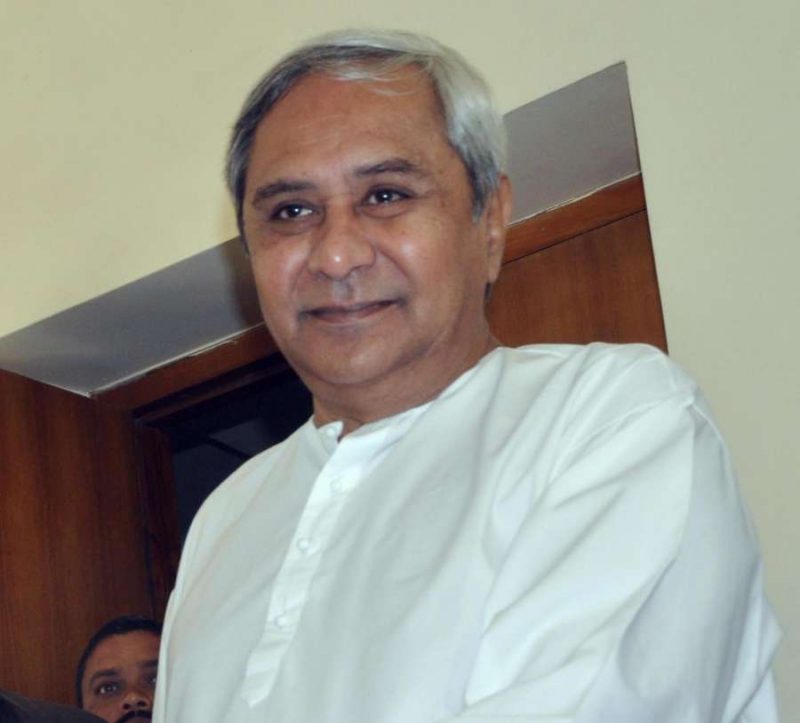India may soon see a shortage of medicines as nearly 55 crucial pharmaceutical facilities that are part of Asia’s largest pharmaceutical hub Baddi in Himachal Pradesh have closed their operations for nine days to contain the spread of coronavirus, trade insiders said on Monday.

Earlier, these units were operating at 25-30 per cent of capacity with in-house employees.
After the declaration of containment zone, all manufacturing facilities, including pharmaceuticals, that fall in Jharmajri and Nalagarh areas, just 40 km from Chandigarh, have to shut operations till door-to-door screening for Covid-19 symptoms and sanitization of the area is not over.
Officials said six positive cases have been reported recently in the zone that comprises big units like Sun Pharmaceutical Industries Ltd.
“Our production is almost at a standstill for nine days now. There is a huge, huge backlog of orders. The big question for all of us is how quickly we can return to normal,” Torque Pharmaceuticals Private Ltd’s Managing Director P.S. Chhatwal told IANS here.
He said since the March 24 countrywide lockdown there has been a huge shortage of raw material.
“We depend largely on Mumbai for the raw material. Now the government allows the transportation of goods. It will take at least 10-15 days for the supply chain of raw material to get normal,” he said.
Allying fears of shortage of medicines, Chhatwal said if the timeframe of the containment zone declaration continues at least for a week more, a certain crisis lies ahead.
According to him, no company holds raw material in sufficient quantities when its prices are fluctuating.
Trade insiders fear 25-30 per cent rise in costs of certain drugs with price of active pharmaceutical ingredients (API) that India imports from China have increased since January with closure of Chinese facilities.
Nimesulide, which was available for Rs 450 a kg on January 14, is costing Rs 1,400 a kg on April 14, a rise of 185 per cent.
Likewise, the raw material of azithromycin that cost Rs 7,650 a kg is now available for Rs 15,000 kg, a rise of 96 per cent.
So are ornidazole (73 per cent hike) and fever and pain reducer paracetamol (62 per cent).
The availability of these salts in the country rank avery critical’, says an importer.
In a letter to Himachal Pradesh Chief Minister Jai Ram Thakur, Himachal Drug Manufacturers Association President Rajesh Gupta on April 15 said 50 per cent of the units are functioning and many MSME (micro, small and medium enterprises) players are facing raw material problems from bulk manufacturers and importers.
Gupta told IANS the state should come up with a roadmap till September as Covid-19 pandemic is likely to persist for the two-three months.
In the letter, he said the red zone areas in Dera Bassi in Punjab, Panchkula in Haryana and Chandigarh have facilitated inter-city movement on the lines of the National Capital Region (NCR).
“Allow five people from each pharma units from outside the state till the lookdown,” he said, adding “motivate the whole production set up as the lockdown has brought the entire pharmaceutical industry on wheel-chair”.
“If the administration will not allow it, the entire pharma companies will be on ventilators,” said the letter.
The Baddi-Barotiwala-Nalagarh industrial belt has nearly 550 pharmaceutical units with 500 of them are MSMEs.
Signaling a silver lining amid the crisis, Deputy Drug Controller Manish Kapoor told IANS that the Jharmajri and Nalagarh areas would be brought out of the containment zone likely this week.
“Active case finding is going on vigorously. In the last nine days, no new coronavirus case has been reported from the area and we are confident that in four-five days relaxation would be granted to all industrial units to operationalise as per national protocol,” he added.
READ MORE:







